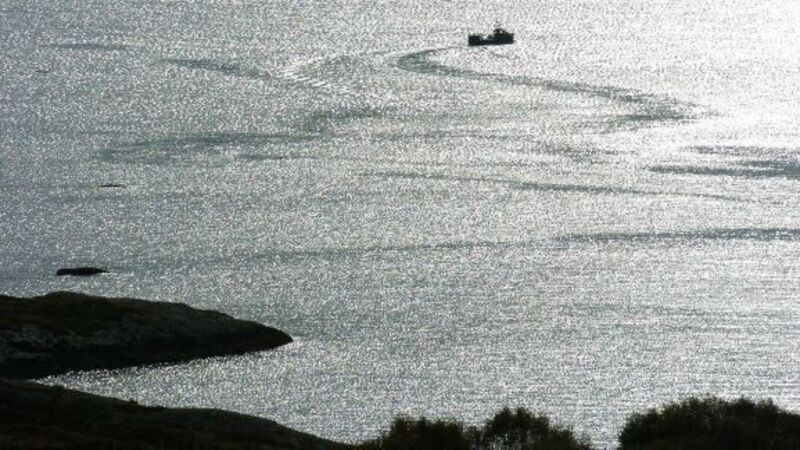High Court judge sets aside decision in Bantry Bay kelp harvesting case

A High Court judge has said the only way mechanical harvesting of seaweed around our shores can be done sustainably - and yield significant benefits for coastal communities - is if the State first conducts trials on what the environmental effects will be.
Ms Justice Deirdre Murphy was speaking when she set aside a judgment she gave last year in relation to a challenge concerning reports required to act on a foreshore licence in Bantry Bay, Cork, granted in 2014 to kelp harvesting firm BioAtlantis Aquamarine Ltd which extract bioactives from seaweed.













